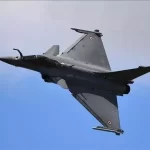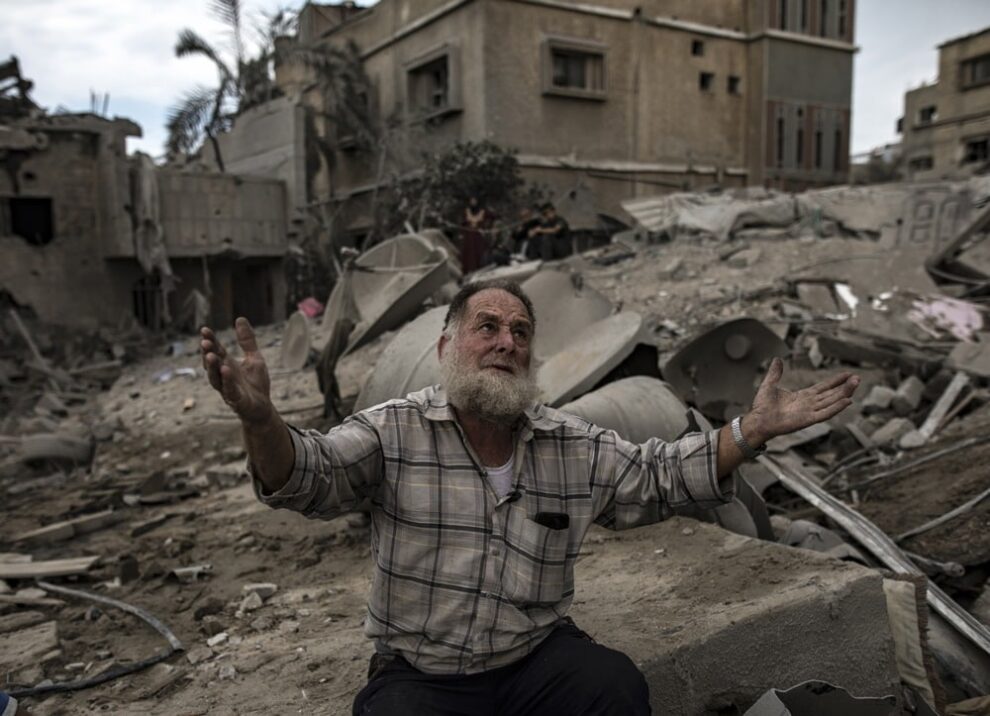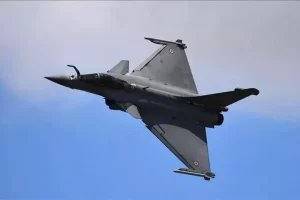The Israeli war on Gaza has taken a record toll in terms of damage and casualties.
According to the Palestinian Health Department, as of November 11 more than 4,500 Palestinian children had been reported killed in the past month; Save the Children says the child death toll in Gaza is greater than the annual number of children killed across the world’s conflict zones since 2019.
More than 25,000 tons of explosives were dropped on Gaza in the last month, equivalent to two nuclear bombs and including a record tally of bombs each exceeding 10 kilograms of explosives, the Geneva-based Euro-Med Human Rights Monitor reported on November 2.
When it comes to Palestinian journalists and freedom of speech, the statistics are just as terrifying.
According to the Palestinian Journalists Syndicate, PJS, 53 Palestinian journalists and media workers were killed by Israeli attacks in the past month and a half, surpassing the annual number of journalists and media workers killed in any country in the world in the past decade. PJS said that at least two Palestinian journalists are still missing, their fate unknown. The figures do not include social media influencers and media volunteers, some of whom were also reported killed.
“It is the deadliest month for journalists since [we] began gathering data in 1992,” the US-based Committee to Protect Journalists said. The PSJ described October as “the worst month in the history of international journalism”.
Besides deaths among Palestinian journalists, a PSJ statement listed 32 journalists and media workers arrested by Israeli forces in the West Bank in the past month. It said that 62 offices of media outlets were destroyed by Israeli shelling or raided, both in the West Bank and Gaza Strip. Personal computers and equipment of journalists were reported confiscated during some of these raids and one of the released journalists is currently prohibited from leaving her home and accessing the internet until the end of legal proceedings.
Four Israeli journalists were reported killed by Palestinian fighters, and one Lebanese journalist working for Reuters news agency was killed just inside Lebanon when two missiles were fired from the direction of Israel-Palestine in what Reporters without Borders said indicated “precise targeting”. The Israeli military said it was investigating.
Shut down
Israel’s response to an October 7 attack by Hamas, in which some 1,200 Israelis were reported killed, including soldiers, and some 240 people were taken captive, has forced hundreds of thousands of Gazans to flee their homes.
Israeli authorities argue they do not intentionally target journalists in Gaza, but it has actively deployed other tools against Palestinian media in the past month.
At least one Palestinian media outlet in the West Bank was shut down under Israeli military order, while another local outlet was declared a “terrorist” outlet by Israeli authorities; Israel also banned a Lebanese television network.
Palestinians with Israeli citizenship have also faced violations of their freedom of speech, with reported cases of individuals being detained because of a ‘like’ on social media, for uploading a plain black profile photo on Facebook, or even posting words of sympathy for the civilians being killed in Gaza.
While hundreds of thousands of people have marched in support of Palestinians in cities across Europe and the United States, Israeli forces have stamped out any attempt by Palestinians with Israeli citizenship to gather and express their own outrage.
“You want to support Gaza? I will put you on a bus there,” Israel Police Chief Kobi Shabtai was reported as saying.
When one Israeli activist published an article decrying what he called Israel’s “full-scale dictatorship”, he was detained within days when police raided his apartment in Haifa. Likewise, an Israeli history teacher was also taken into custody after he wrote on Facebook that Palestinians have not known “one day of true freedom”.
I, the writer of this piece, an independent Palestinian journalist focusing on Palestinian-Israeli affairs, wrote a number of articles that couldn’t be published locally due to the fear of media outlets that they would lose their licences.
As a journalist operating in the region commonly referred to as the ‘West Bank’, the past month has presented a myriad of challenges from the obstacles erected by the Israeli military. The closure of military gates around Palestinian communities and the establishment of permanent earth mounds and checkpoints significantly hindered movement. Regardless of press cards, soldiers have exhibited a lack of consideration for journalists, extending no privileges, particularly when it comes to Palestinians travelling in Palestinian vehicles.
Turning back the clock
Since the creation of Israel in 1948 and the destruction and depopulation of half of Palestinian Arab towns in the country, those Palestinians who survived what they call “ethnic cleansing” were subjected to strict military restrictions for decades, including those on freedom of press and speech.
It was a crime to possess certain newspapers, journalists had to send their articles to an Israeli military ‘editor’ for review and approval, and newspapers were randomly denied publication.
When I began practicing journalism a decade ago, I was lucky in that the military censorship had been relaxed and there was space for freedom of press and speech as long as the content was not perceived as “incitement” by Israeli authorities.
When foreign journalists would ask me about the situation with regards freedom of press and speech in the country where I live, my answer was always fairly positive, despite the random killing, injury, and detention of Palestinian journalists by Israeli authorities, which, in most cases, I didn’t personally perceive as genuinely targeting journalists for the work they do. No one has ever knocked my door because of something I published, but of course I was randomly targeted and detained several times while reporting from the field.
“Well, Israel is now a relaxed settler colony,” my professor used to tell me. “They are so powerful that they no longer care what you publish.”
Now, I see a notable shift: Israel may be returning to its old rules out of a sense of insecurity.
While Israeli authorities are carefully censoring Palestinian voices these days, they do not apply the same scrutiny when it comes to Israeli voices calling for genocide and ethnic cleansing. Israeli right-wing activists have recently created a Telegram group in which they incite against Palestinians due to their activism or political stance. They share photos of them, their properties, and ‘where they can be found’.
Such incitement can lead to physical attacks, some directly supported by the Israeli military. In a small village south of the West Bank city of Nablus, Israelis noticed that a Palestinian villager had used Facebook to mock Israelis held as hostages by Hamas in Gaza.
In response, Israelis, accompanied by the military, attacked a supermarket owned by the villager, completely destroying it.
Such censorship should not come as a surprise considering the nature of the Israeli policy towards Palestinians, a policy several international and Israeli human rights organisations have compared to apartheid. One, the Israeli Information Centre for Human Rights in the Occupied Territories accused Israel of “advancing and perpetuating the supremacy of one group – Jews – over another – Palestinians” across the country.
As I write these words, a colleague based in Gaza has posted on Instagram that she is no longer covering the city of Gaza, currently the main battlefield, saying she had been “forcibly displaced” to the south.
“This was my last video in the city,” the journalist wrote. “It was a very difficult decision, but almost all journalists made the same choice: to run away from the risk of being killed.”
Until further notice, press coverage within Gaza City is currently limited, with the exception of reporting from the outskirts or through information and visual materials provided by medical teams and civilians to the media.
Source : Balkan Insight






































